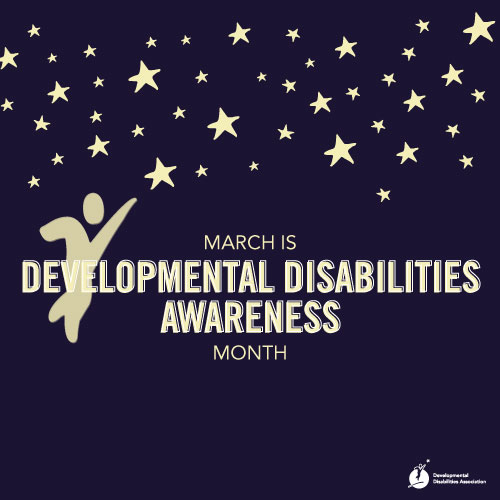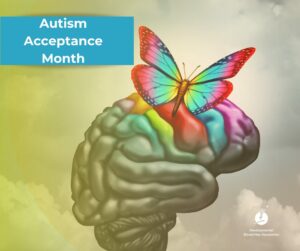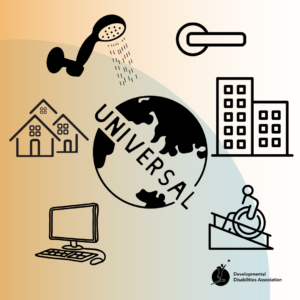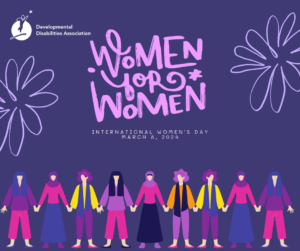March is National Developmental Disabilities Awareness Month and a time for DDA to help educate the public about the needs of this diverse group and to end the stigma around issues of disability. Since its inception in 1952, Developmental Disabilities Association has made great strides in the communities of Vancouver and Richmond to create a sense of inclusion and belonging.
DDA’s mission is to unleash the potential of individuals with developmental disabilities and their families through life-long programs, supports, and advocacy. DDA’s influence is wide-spread throughout Vancouver and Richmond and the organization currently serves over 1800 individuals in 50 locations that include daycares, drop-in centres, and adult residential housing.
DDA’s Executive Director, Alanna Hendren, has been involved in support and advocacy for those with developmental disabilities for over 40 years.
“These are not people with a disability. They’re people just like everyone else,” says Hendren. “They are people with a wide range of abilities that are very useful to the community as a whole. We know that a neurodiverse and inclusive society is one that benefits everybody.”
Ten Myths about Developmental Disabilities
- People with developmental disabilities are a burden to their families
- Families with special needs cherish their children like anyone else.
- People with developmental disabilities cannot live on their own
- Many are fully capable of living on their own and do.
- People with developmental disabilities cannot hold down jobs
- They can and do. Employers report higher job satisfaction with a neurodiverse staff.
- People with developmental disabilities feel things differently
- They feel emotions just like any other human.
- Developmental disabilities are contagious
- Developmental disabilities are conditions, not diseases.
- Children with developmental disabilities do not do well in regular schools
- An inclusive school environment helps foster their social and economic independence.
- Developmental disability is the same as ‘mental illness’
- Mental illness can affect anyone regardless of development.
- Those with developmental disabilities cannot have romantic relationships
- Many do, in fact. They have the same feelings and needs as anyone else.
- Those with developmental disabilities want your sympathy
- No, they don’t. What they do want are dignity and respect.
- Developmental disabilities are the result of genetics
- They are caused by many factors including genetics, environmental toxins, infections, birth complications, and more.



